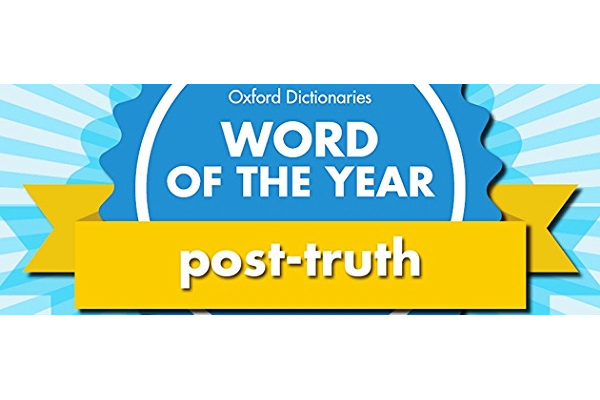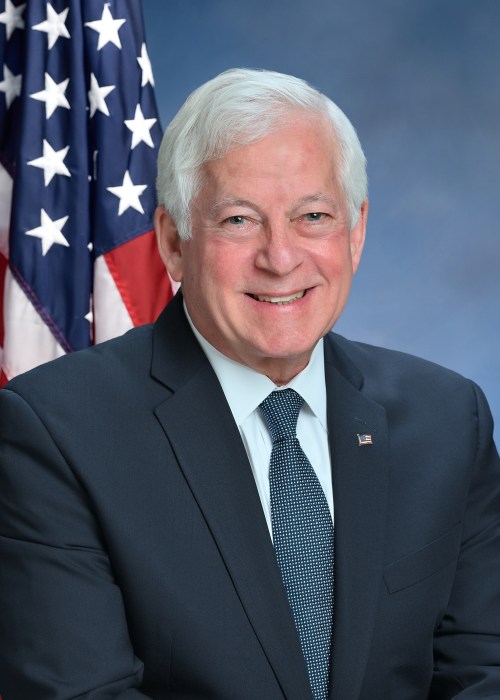Each year, preeminent dictionaries Merriam-Webster and Oxford toil through language research and Internet searches to reveal its choices for the words of the year. For 2016, Merriam-Webster selected “surreal,” while Oxford opted for “post-truth”—it doesn’t take a degree in linguistics to understand why these words were chosen.
Surreal and post-truth are words heavy with dire implications. Post-truth is an adjective Oxford defines as “relating to or denoting circumstances in which objective facts are less influential in shaping public opinion than appeals to emotion and personal belief.” Behind post-truth, one can relate words and phrases like false balance, big lie, truthiness and 24-hour news cycle. Indeed, post-truth politics frames debates with appeals to emotion, completely disconnected from trivialities like policy and actual facts. Post-truth is not a new term by any means, having been coined in 1992—however, its thrust into the public lexicon can be attributed to one or two divisive figures whose names escape me at the moment.
Merriam-Webster’s choice, surreal, is defined as “marked by the intense irrational reality of a dream.” The word is used to express a reaction to something shocking or surprising, and Merriam-Webster found searches for the word spiked numerous times this year—following the terror attacks in Brussels and Nice; the Pulse shooting in Orlando; the Brexit vote; various celebrity deaths; and during that pesky Presidential Election.
Certainly, the selection of these words spell out the desperate confusion that was the year 2016. But more than that, these words make evident the responsibility of the body politic heading into 2017. Post-truth surrealism is not an ideal description of reality. It is, however, an apt way to describe the potential dystopia on America’s horizon should we continue to stubbornly trudge down our current path of rampant anti-intellectualism and fake news.
































